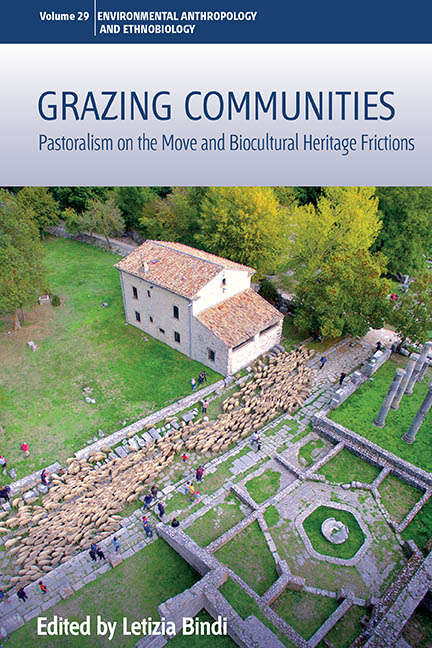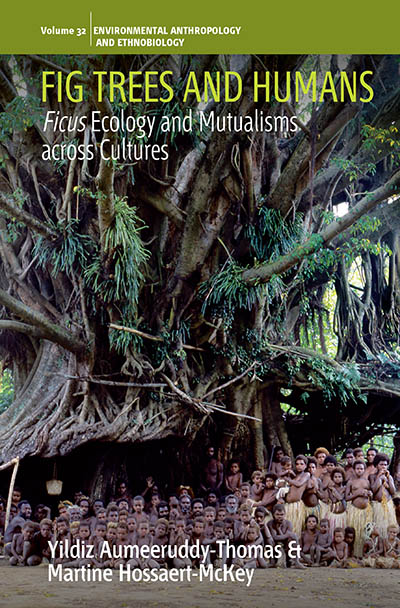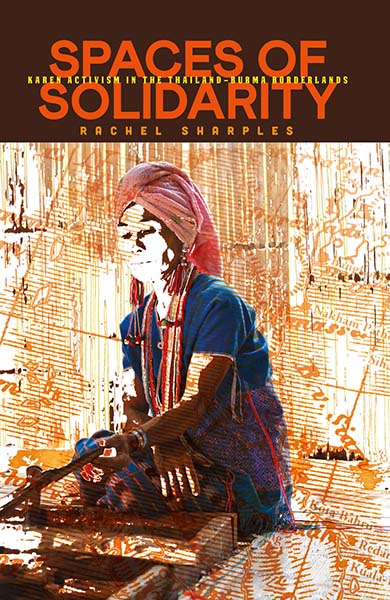
Series
Volume 33
Environmental Anthropology and Ethnobiology
See Related
Anthropology JournalsEmail Newsletters
Sign up for our email newsletters to get customized updates on new Berghahn publications.
Desert Entanglements
The Making of the Badiya by Sahrawi Refugees of Western Sahara
Gabriele Volpato
218 pages, 18 ills., bibliog., index
ISBN 978-1-80539-816-5 $135.00/£104.00 / Hb / Published (January 2025)
eISBN 978-1-80539-817-2 eBook
Reviews
“The book is very well documented, showing a deep knowledge of several social and ecological aspects of Sahrawi lives, and their dynamics of recent transformation. It is written in a fluent and evocative style which is pleasant for the reader.” • Barbara Casciarri, University of Paris 8, France
“I thoroughly enjoyed this book …Volpato has clearly spent a lot of time working in the region and it shows. The Western Sahara and Sahrawi have seen very little engagement with ethnographers and this book fills a huge gap in the anthropological and ethnobiological literature. Volpato masterfully combines research in ethnobiology within a broader context of colonial history, war, politics, and human-nature relations.” • John Richard Stepp, University of Florida
Description
The Sahrawi refugees in southwestern Algeria have struggled from exile for fifty years to reconfigure the animated desert they call badiya. They recovered camel husbandry and access to part of the former rangeland, and wove it back as seasonal nomadism. Desert Entanglements analyzes this process as an act of place-making premised on refugees’ agency.
Gabriele Volpato is a Lecturer and Research Fellow at the University of Gastronomic Sciences in Pollenzo, Italy. He has investigated different facets of human-nature relationships among Cuban peasants, Sahrawi refugees and nomads of Western Sahara, and Kenyan pastoralists and beekeepers.
Subject: Anthropology (General)Environmental Studies (General)Refugee and Migration StudiesSustainable Development Goals
Area: Africa
Contents
Download ToC (PDF)



